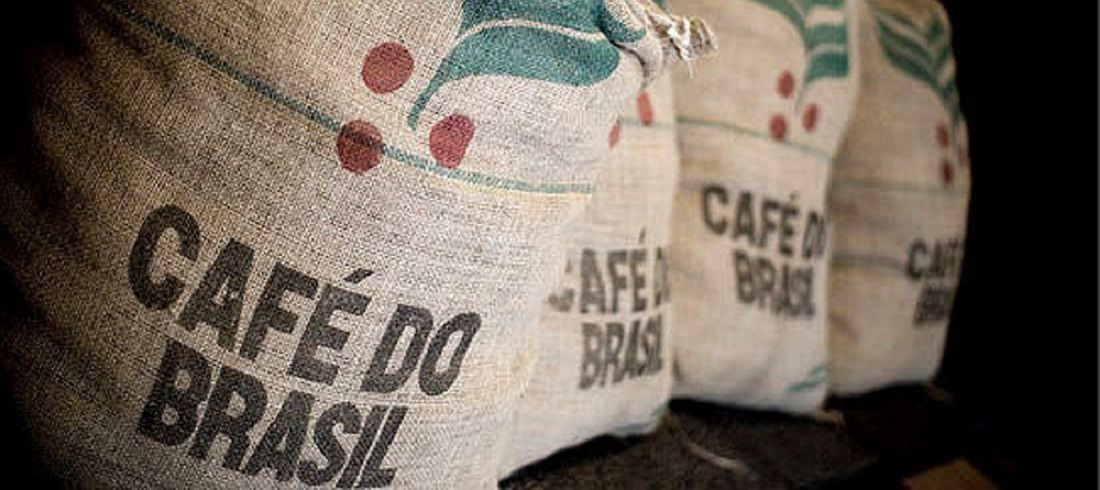
El Niño already affects Brazil’s coffee harvest, prices
Aug, 29, 2023 Posted by Gabriel MalheirosWeek 202335
El Niño — which has raised temperatures in Brazil’s Arabica and Robusta coffee regions and reduced rainfall in other producing countries — is raising a red flag for the 2024/25 crop and is already leaving its mark on future commodity prices.
Since mid-April, when the price of coffee hit $2.03 cents per pound, the bean has fallen 24.7% on the international market, according to Valor Data. Since then, the bean hasn’t had the strength to get back to that level mainly due to the good progress of the 2023/24 crop, which is being harvested and commercialized in Brazil, the world’s largest producer. Last week, however, the futures tended to go up on concerns about the next cycle, which is beginning to bloom in the country.
The chart below shows Brazilian coffee exports from January 2019 to June 2023. Data are from DataLiner.
Brazilian coffee exports | Jan 2019 – Jun 2023 | WTMT
Source: DataLiner (click here to request a demo)
The hot weather and irregular rains, the effects of El Niño, can affect the development of the plant, a scenario that has entered the radar of investors in recent days.
According to Marco Antonio dos Santos, agro-meteorologist at consultancy Rural Clima, the high temperatures and irregular rains will affect the blossoming of the coffee trees, which determines the quality of the grain and the productivity indexes. “The temperatures above 35 degrees Celsius reported in recent weeks have caused many crops to lose coffee flowers. This creates uncertainty for the next harvest,” he said.
The shortage of rain in Colombia, another major producer of Arabica coffee, and increased demand have also contributed to the recent rise in the stock market, he said.
The intensity of rainfall forecast for this week and next, especially in the producing regions of Mogiana Paulista and southern Minas Gerais, will be crucial in determining the future of flowering and prices, the agrometeorologist said.
Regarding the weather for coffee plantations, Vicente Zotti, managing partner of Pine Agronegócios, adds that the American and European climate models converge in predicting above-average rainfall for Brazil’s producing areas in September.
“Rainfall should increase even with the influence of El Niño. In 15 days, we’ll have a big flowering season, and the good weather conditions for September could be a bearish factor in New York,” he said.
In the medium term, however, the weather could give international prices a new direction, according to José Marcos Leite, coffee market development manager at ICL.
According to him, if temperatures remain high from October and young fruits are affected by dry weather and fall, there could be a 10% to 15% increase in the price of Arabica.
Now, with the weather threat on the market’s radar, more analysts feel that supply is declining. “Overall, when we look at El Niño events, there is an average 5% reduction in global Arabica production,” said Natália Gandolphi, an analyst at Hedgepoint Global Markets.
But it’s not just the weather that is likely to drive the coffee market at the start of the new season. Prices should also be influenced by data on global demand, said Haroldo Bonfá, director of Pharos Consultoria.
“There are reports of increased consumption in the Northern Hemisphere, with the prospect of inflation cooling in some regions. With this scenario, we have a population with more resources to purchase coffee, not only in terms of volume but also in terms of quality,” he said.
The managing partner of Pine Agronegócios goes even further, saying that the price in New York could jump if demand from major consumption centers heats up.
“New York could test $1.80 at this time of seasonally high prices, but only if the U.S. and Europe start importing coffee again. In Belgium, for example, purchases from Brazil are down 46% this year compared to last year,” said Mr. Zotti.
-
Other Cargo
Mar, 22, 2024
0
After steel, plastics sector opposes tax increase
-
Ports and Terminals
Nov, 06, 2024
0
Brazil and China sign agreement establishing new route between river ports in Amapá
-
Economy
Nov, 23, 2022
0
Argentine exports hit historic highs in October
-
Ports and Terminals
Mar, 02, 2022
0
Wilson Sons believes in the ‘Arco Norte’ region’s port support potential

